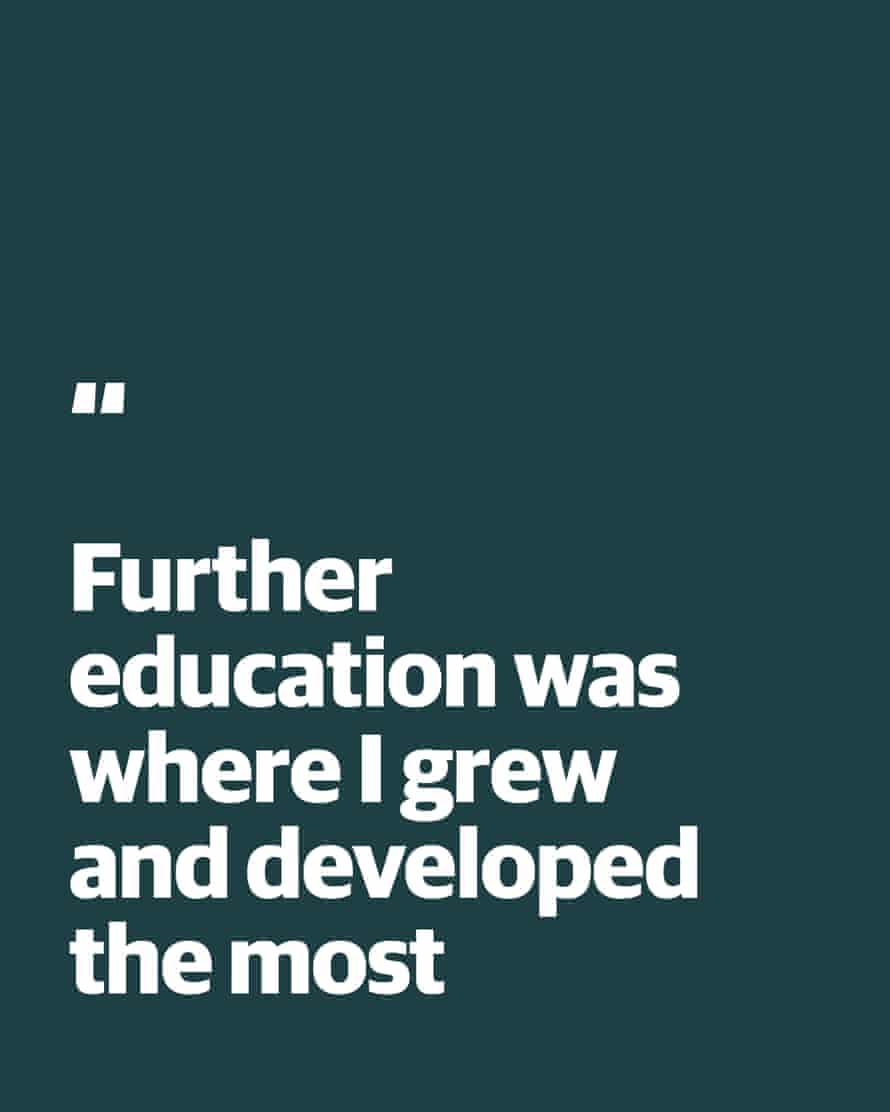‘I’m giving my learners real-world insight’: the further education teacher proving life experience is the greatest asset | Further education: share your skills
“Further education college was where I grew and developed the most, so I loved the idea that I might give others the opportunity to grow and develop as well,” explains IT pro turned FE lecturer, Daniel Hulatt.
Hulatt had always always been interested in computing. “IT offered me a way of expressing myself, of getting my ideas out, so it felt natural to start studying in that area.”
His first full-time job was with a financial technology company based in London’s Canary Wharf, working on IT projects for external clients. From there, his next role was on a support desk for a company developing software for the events management market.
The work was enjoyable but Hulatt craved more human interaction, which is why, in 2017, he made the decision to move into FE, joining Bedford college as a lecturer while studying for a PGCE.
School wasn’t always easy for Hulatt. Aged two, he was diagnosed with a rare neurological disorder called idiopathic intracranial hypertension, in which high pressure around the brain causes symptoms such as severe headaches (“imagine putting your head in a vice and it just keeps twisting”), double vision and partial sight loss. Multiple hospital appointments and routine surgery over the years, followed by recovery periods, meant he often missed class.
Although the schools he attended made appropriate adjustments and sent work home, the turning point came when he moved to a new school in year 8. “The teachers there were fantastic,” he says. “They took the time to understand and listen, and it went from being a case of struggling to complete work in lessons to wanting to prove [my ability] to myself as much as anything.”
When he transferred to an FE college aged 16, his school teachers smoothed the transition by talking to college staff about his needs. He went on to achieve 18 distinctions in his level 3 BTecs.
The life experience Hulatt has brought to the job – his disability and his years in the IT industry – has helped him excel as an FE teacher. “It’s very easy to read from slides, it’s very easy to say: ‘This is how the textbook says you do it,’” he says. “But having commercial awareness and the ability to talk about things I’ve done in the real world gives learners a sense of connection between the classroom and industry.” It’s for that reason that Hulatt keeps one foot in the business world, lending his expertise to a small family business, where he helps with its IT setup, and supporting a local archery club with its website and social media.
Paula Hobday, head of computing at Bedford college, describes Hulatt as an “exceptional” teacher – and his progression has been swift. Two years into his teaching career, he was promoted from lecturer to course manager, running BTec courses from level 1 to level 3. While teaching, he also studied part-time for a master’s degree in cybersecurity, and in 2021, he won a bronze in the National BTec teacher of the year awards.
For Hulatt, it’s not the promotions or awards he’s proudest of though, but his work on the ground with his students. One of the most rewarding parts of his role is supporting them to enter the WorldSkills competition in cybersecurity by running lunchtime groups to help them hone their skills. WorldSkills is a charity committed to raising standards in apprenticeships and technical training, and its competitions give students a chance to showcase their skills. “By bringing in industry experience, I am giving my learners an insight into how the core concepts I’m showing them relate to real-world problems,” he explains.



Understandably, Hulatt particularly enjoys working with students who need extra support. “My experiences mean I’m able to empathise with what the students might be experiencing. I’m able to offer solutions from my own toolkit of methods and techniques. It’s really satisfying because you can see the relief when they realise there are solutions that could help,” he says. “Being able to watch them grow in confidence and overcome challenges, and hearing about their progress always brings a bit of pride to the chest.”
So what’s next? Hulatt says he would like to continue to broaden his skills and experience, and translate that into his teaching. He also has plans to improve diversity in computing, particularly supporting women, as they are still very much in a minority.
And his ambitions beyond that? “I want to continue working closely with local employers, so I can ensure that we are delivering the knowledge and skills to meet industry demand and improve employability options for our students,” he says. “I want Bedford college to be the place of choice if you’re looking to study computing in the local area.” Given what he’s achieved so far, there seems every likelihood he’ll succeed.
Your skills are more valuable than you realise. If you have relevant experience working in industry, you can start teaching in FE with no formal teaching qualifications. To find out how you can change lives without changing careers, head to teach-in-further-education.campaign.gov.uk

